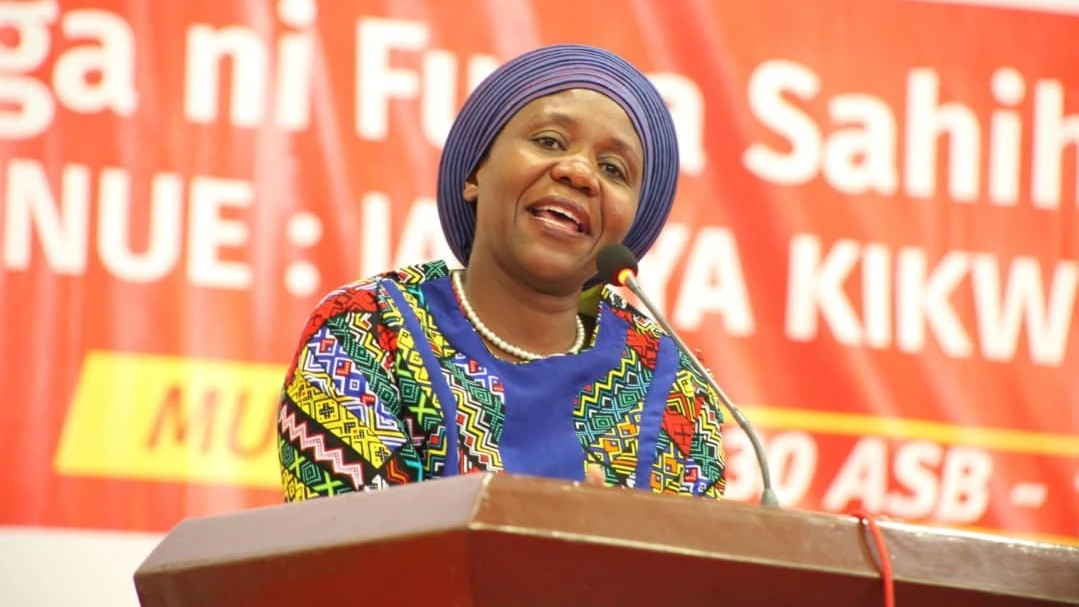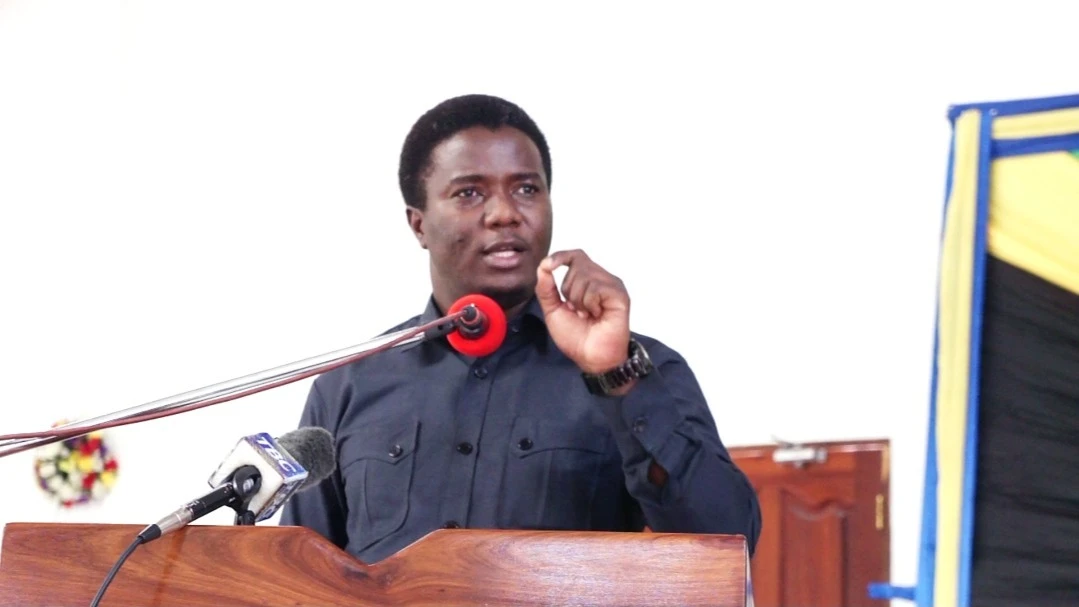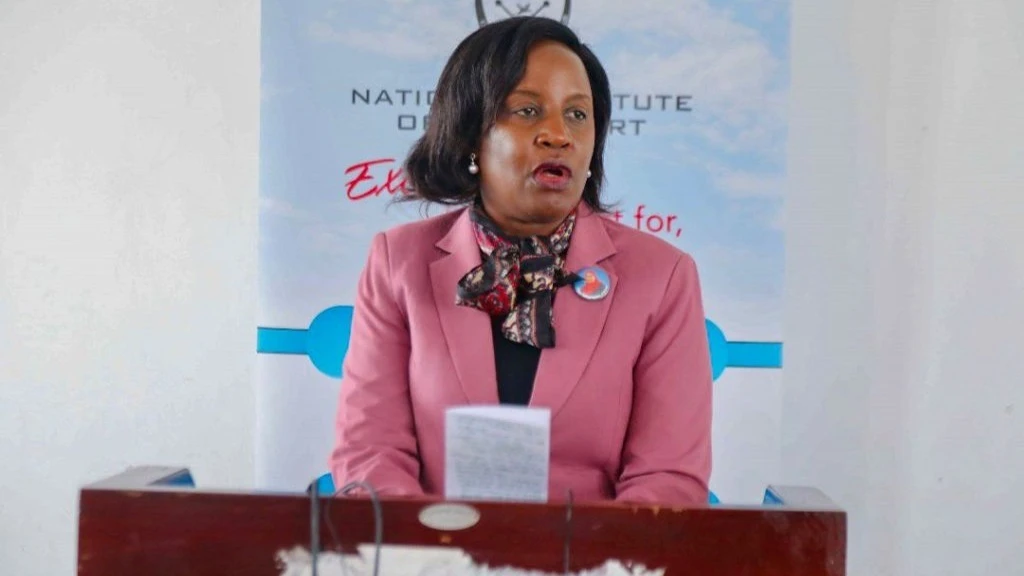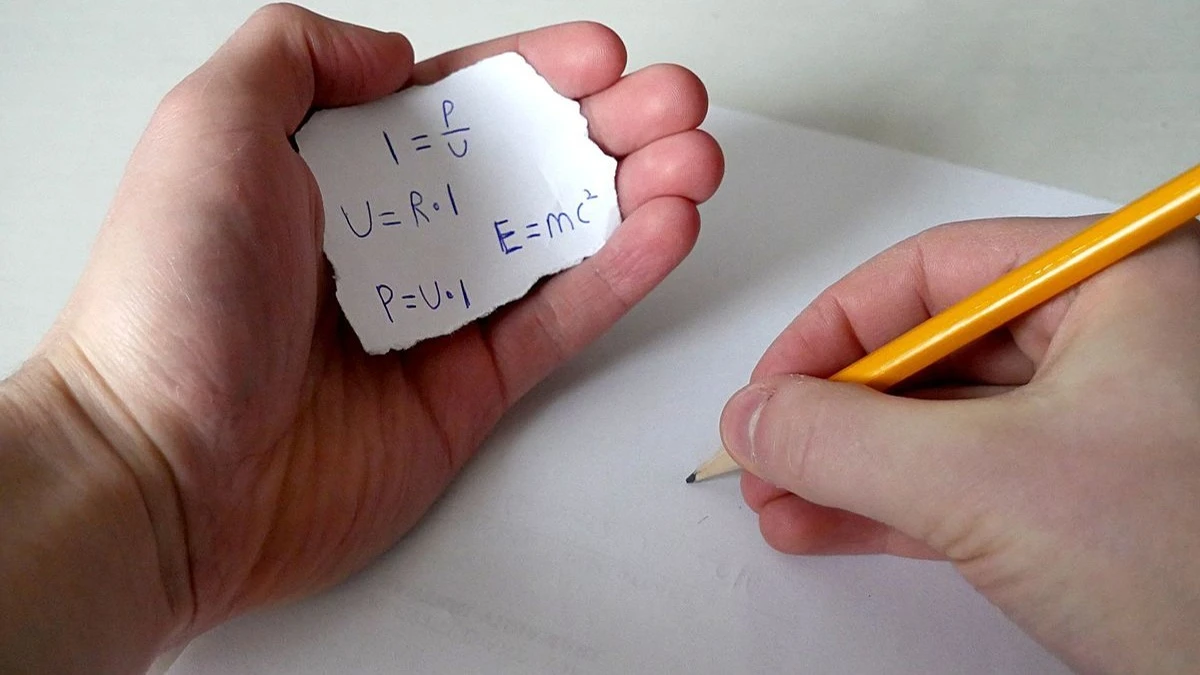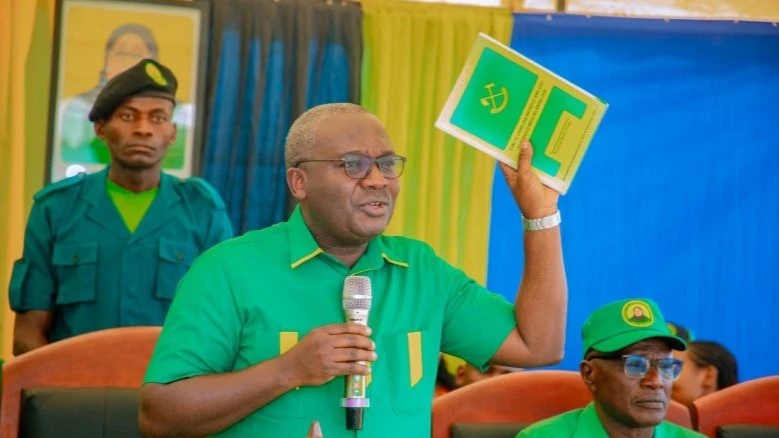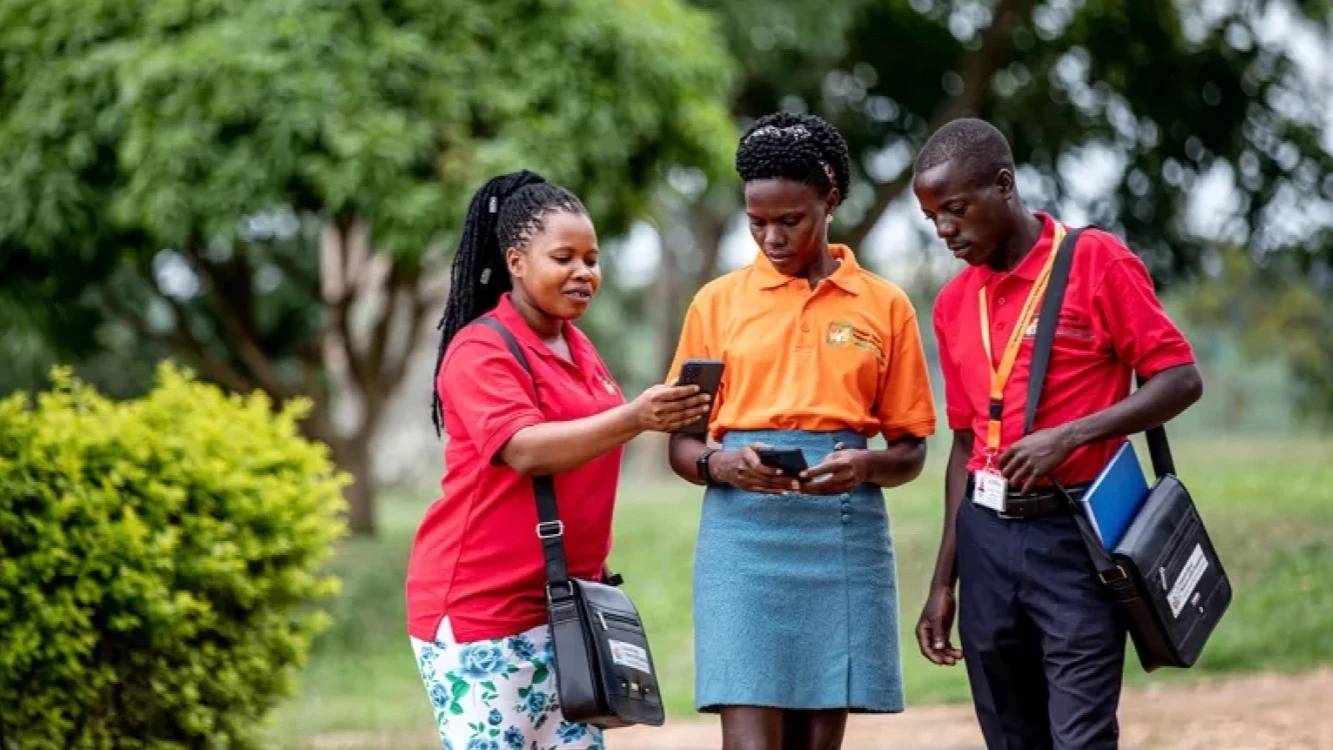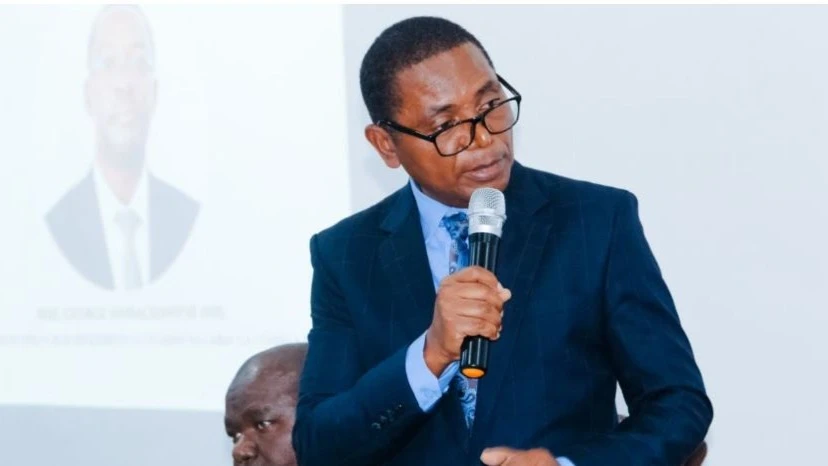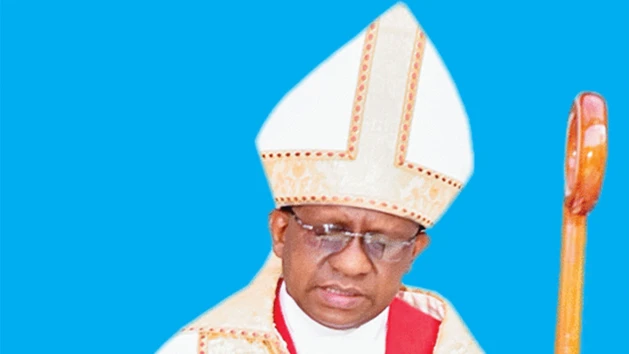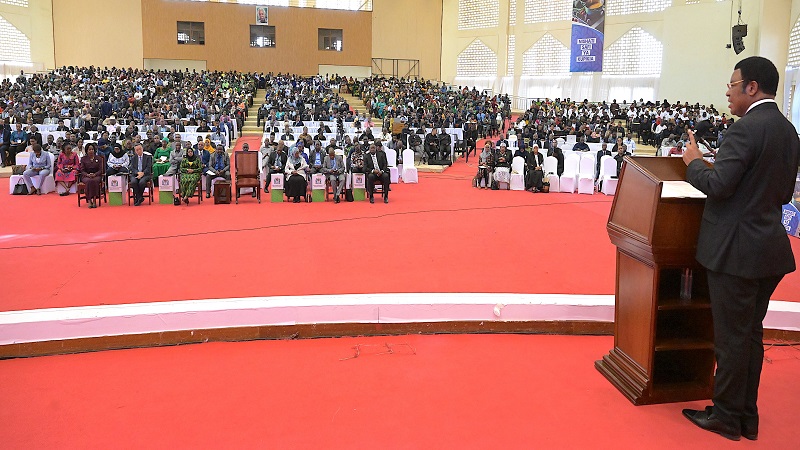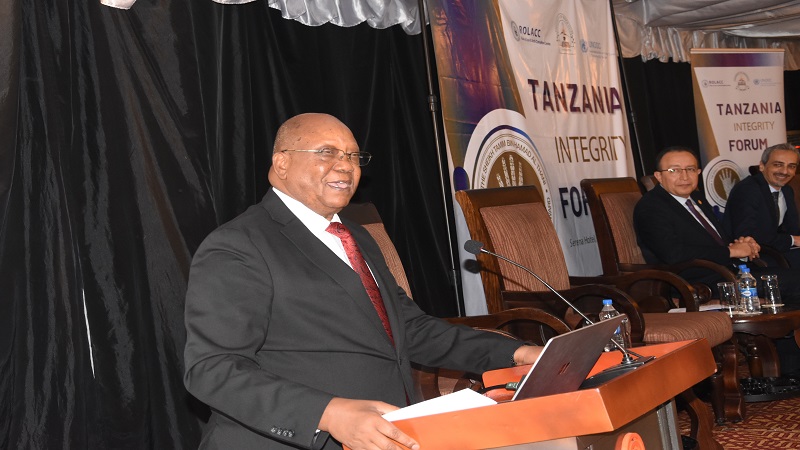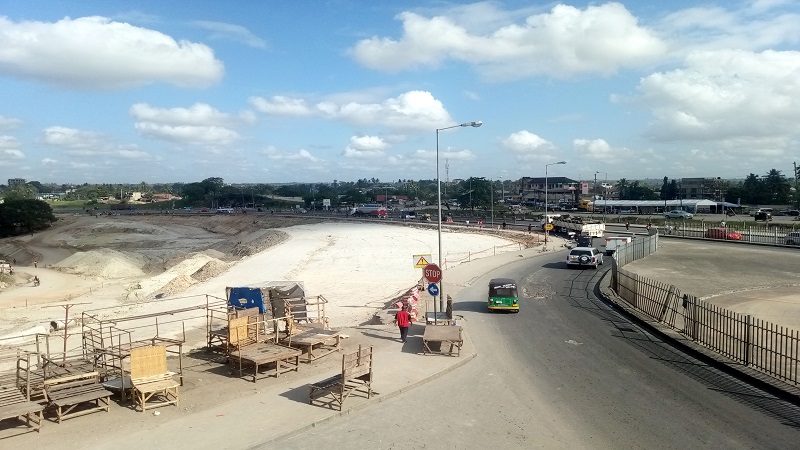WHO backs African efforts to contain mpox – as Europe, Asia record cases
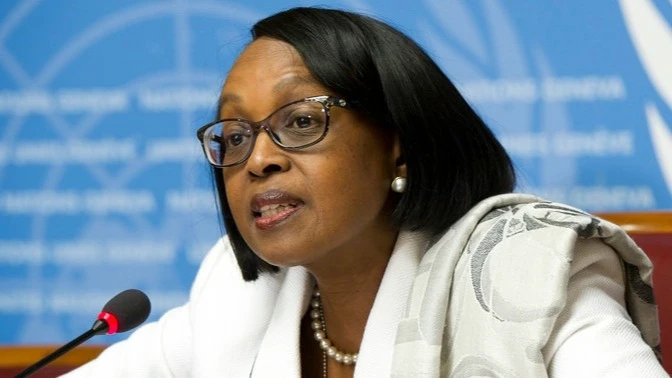
THE World Health Organization (WHO) is supporting African countries to scale up response to curb mpox, now an international global health emergency.
Dr. Matshidiso Moeti, the agency’s regional director for Africa, stated this position on Thursday afternoon, as Sweden became the first country outside Africa to record a case of the mpox, followed by Pakistan, which traced the mpox case there to a traveller from the Gulf Zone.
Pakistan yesterday also confirmed its first mpox case in a patient who had recently arrived from the Gulf, just a day after the World Health Organization (WHO) declared the virus a public health emergency of international concern.
A health ministry spokesman said that it remains unclear whether the patient carries the new highly contagious strain spreading in Africa while indicating that the man carrying the virus “had recently arrived from Saudi Arabia and is now missing.”
He is from Mardan, a district in the Khyber Pakhtunkhwa (KP) province bordering Afghanistan, he said, with the KP provincial health department reporting two additional mpox cases.
They said the persons carrying the virus originated from the United Arab Emirates (UAE) but after a while the department later retracted this claim, observers noted.
Most cases arise from the Clade 1 variant identified as driving the latest outbreak, chiefly affecting the Democratic Republic of the Congo (DRC) and spreading to neighbouring countries, the agency has stated in an earlier briefing.
“We are hard at work on the frontlines of the response, collaborating closely with governments and communities to strengthen mpox control measures,” the director asserted, noting that the agency is ramping up efforts to curb the widening trend of the virus through coordinated action with partners and national authorities.
Mpox – otherwise known as monkeypox - is a viral disease transmitted through physical contact with an infected person, animal or contaminated objects. It was first detected in humans in 1970 in the DRC, and is considered endemic to countries in Central and West Africa, the agency noted.
Experts say that outbreaks are caused by mpox viruses called clades, with the clade 1 strain considered to be circulating in the DRC for years, where the emergence of a new offshoot – clade 1b - and its rapid spread there and to nearby countries became an emergency.
The rapid spread caused WHO to declare on Wednesday that mpox constitutes a public health emergency of international concern (PHEIC), with more than 2,100 laboratory-confirmed cases of the disease this year.
Up to 13 deaths have been reported in the DRC and a scatter of the deaths in 11 other countries, listed as Burundi, Cameroon, Central African Republic, Congo, Côte d'Ivoire, Kenya, Liberia, Nigeria, Rwanda, South Africa and Uganda.
This constitutes a sharp rise from the 1,145 confirmed cases and seven deaths in 11 countries for all of last year, the agency specified, noting that WHO is stepping up support to affected countries.
It is deploying additional experts, including epidemiologists and anthropologists while providing initial funding to accelerate outbreak response measures, the director affirmed.
Efforts are underway to enhance cross-border collaboration for case investigation, contact tracing and community engagement to ensure compliance with preventive measures, she further noted.
The UN agency is assisting national health and other authorities to speed up regulatory approvals, as well as providing guidance to national immunization technical advisory groups to ensure readiness for vaccine rollout.
WHO has also begun the process for emergency use listing for mpox vaccines to accelerate access for lower-income countries which have not yet issued their own national regulatory approvals for such drugs, she stated.
The listing brings partner agencies such as the Global Vaccine Alliance (GAVI) and the United Nations Children’s Fund (UNICEF) too rapidly procure doses for distribution.
WHO is also working to strengthen national diagnostic capacities by providing testing kits and reagents, as well as machines to decentralize testing, the agency noted, Genomic sequencing is also ongoing to determine the mpox clades, it stated.
To enhance preparedness in countries neighbouring the DRC and those at risk, disease surveillance and training of frontline health workers is being increased along with public awareness campaigns, the director underlined.
Top Headlines
© 2024 IPPMEDIA.COM. ALL RIGHTS RESERVED









